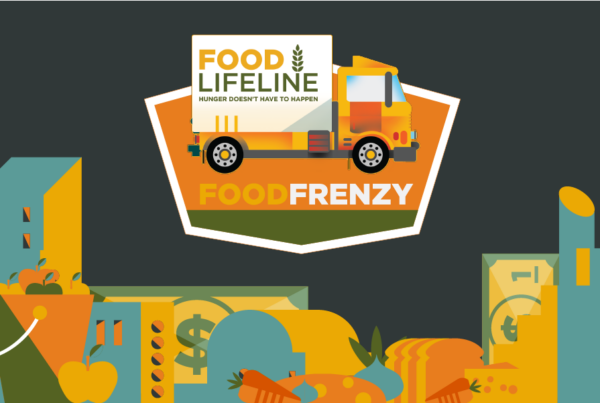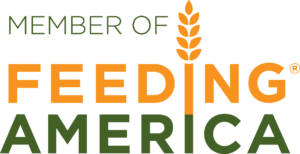Hunger and Health is a trend that Food Lifeline has been tracking for some time now. Recent studies have shown that there is a clear link between not having access to healthy food and an individual’s health. Food Lifeline’s Hunger in America 2014 survey revealed that nearly half of Western Washington’s food bank client households have someone living with a chronic illness. Research has shown that diseases, like diabetes and hypertension, can be prevented or mitigated by consuming a healthy diet. Many low-income individuals, however, have limited financial resources and lack regular access to healthy foods.
A new study published in the American Journal of Public Health highlights, once again, the critical need for better access to food. The study not only underscores the relationship between chronic disease and food insecurity, but also demonstrates how alleviating food insecurity, specifically through an increase to SNAP benefits, can improve health outcomes while decreasing Medicaid costs. The study looked at a group of Medicaid patients in Massachusetts that had been diagnosed with diet-related chronic health conditions. Researcher, Rajan Anthony Sonik, found that when Supplemental Nutrition Assistance Program (SNAP) benefits were increased between the years of 2009 – 2013, during the Great Recession, Medicaid costs declined significantly. For example, costs for treating individuals with sickle cell disease decreased by 73% after the SNAP increase in April 2009.
These findings demonstrate that when people with chronic disease have a greater access to food, their health improves and their visits to the hospital decrease, ultimately driving down Medicaid costs. It is also an important testament to how important SNAP benefits are for a low-come individual’s health, especially those suffering from chronic disease. As the author points out, SNAP benefit levels prior to the temporary increase during the Great Recession were clearly not sufficient to ensure all recipients received an adequate diet. Sonik’s findings illustrate how food insecurity is increasingly being understood as a national health issue and are incredibly important at a time of ongoing policy debates about SNAP funding. You can read the full article here.





